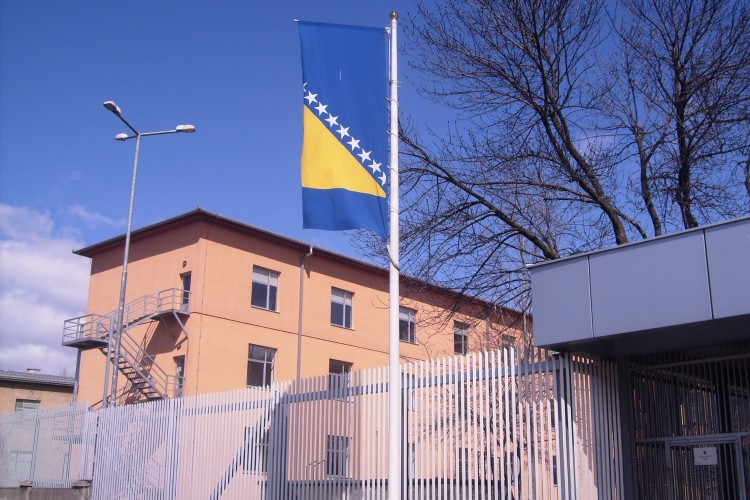Members of the Delegation of the Parliament of Bosnia and Herzegovina to the Parliamentary Assembly of the Council of Europe participated in the third part of the regular annual session of this assembly in Strasbourg, where an important resolution was adopted calling on member countries to build stronger and more resilient health systems, especially by investing in primary health care, providing universal health coverage to everyone within its territory and identifying weak points in the medical supply chain.
In the adopted Resolution, based on the report of the member of the Parliamentary Assembly of the Council of Europe Selin Sayek from Turkey, it was stated that countries must urgently learn lessons from previous health emergencies by strengthening the global health architecture and developing the necessary strategies at the national level in order to be able to react quickly in the future to new global health risks.
In this sense, the members of the Parliamentary Assembly of the Council of Europe emphasized that a comprehensive multilateral effort is needed, which includes the World Health Organization, the World Trade Organization, as well as other intergovernmental actors in order to review the regulations related to the health industry and the supply of essential medicines, vaccines and health services at the national and international level.
In this regard, it is particularly important to provide a diversity of sources of medical supply.
The adopted text emphasizes that the current processes taking place for the transformation of global health management must be based on the principle of equality and the protection of human rights and basic freedoms during emergency situations related to public health.
Members of the BiH Parliament Delegation Saša Magazinović, Snježana Novaković Bursać, Darijana Filipović, Sabina Ćudić, Branislav Borenović and Mia Karamehić Abazović during the session met with the Secretary General of the Council of Europe Marija Pejčinović Burić, with whom they discussed the new growing challenges for the Council of Europe.
On the first day of the session, a solemn ceremony was held to sign the Charter of European Political Parties for Inclusive Societies without Racism, the aim of which is for political parties to commit themselves through their actions to the defense of basic human rights and democratic principles, rejection of all forms of racism and intolerance, hate speech, incitement to racial hatred and harassment.
The charter will be offered for signature to all political parties in the member countries of the Council of Europe.
During this session, the President of Slovenia Nataša Pirc Musar and the Minister of Foreign Affairs of Hungary Peter Szijarto addressed the members of the Parliamentary Assembly of the Council of Europe.
As part of the discussion on current issues, the political situation in Poland was discussed, as well as the latest developments in Ukraine.
The Assembly also held a joint discussion on the topic of migration, in which three reports were discussed that relate to the integration of migrants and refugees, the social inclusion of migrants, refugees and internally displaced persons through sports, and the health and social protection of undocumented workers or those who are in an illegal position.
Some of the topics of this session were solving the specific challenges faced by Belarusians in exile, the reform of human rights legislation in Great Britain and transnational repression as a growing threat to the rule of law and human rights.
The Assembly also discussed the budgets and priorities of the Council of Europe for the period 2024-2027 and on expenditures for the period 2024-2025.


















